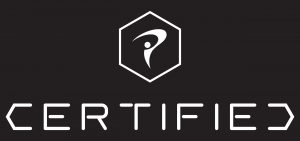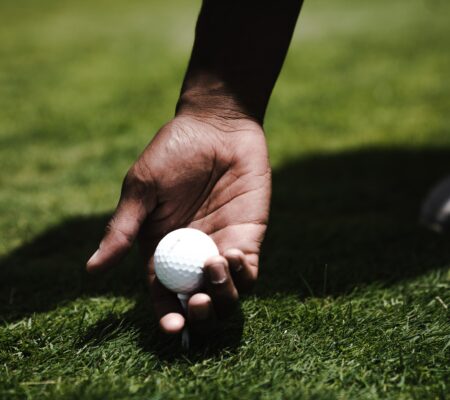Golf Healthier Next Season
Matt Mestelle, PT, MPT
In the past, golf had not been thought of as a highly physically demanding sport played by elite athletes. In recent years, however, significant research and program development have been dedicated to the concepts of golf health and fitness. Tour professionals and many recreational golfers alike now realize the importance of improving strength and flexibility for increasing distance, accuracy, consistency and, most importantly, injury prevention. After all, if you are injured you can’t golf or often stop playing golf altogether.
OHOW’s Matt Mestelle, PT, MPT is certified by the Titleist Performance Institute to conduct golf-specific assessments and treat movement dysfunctions in golfers. He provides his expert opinion on the many benefits of a physical assessment to a golfers’ performance.
How Do Your Physical Limitations Affect Your Golf Game?
The Titleist Performance Institute in Oceanside, CA has analyzed data from thousands of golfers of all skill levels to determine the relationship between a properly functioning body and an efficient golf swing. Conversely, physical limitations or dysfunctional movement patterns can lead to poor, inconsistent performance and/or higher risk for injury. A crucial component for any golfer who is currently dealing with an injury or looking to improve their game must include a golf-specific physical assessment to identify any physical limitations that may be adversely affecting their golf swing. The results of the physical screen will typically correlate directly to what is seen on analysis of the golf swing, as well as give an explanation to the player’s performance issues and/or injury history.
Physical Therapy Can Help You Stay On The Course
A physical therapist certified to perform the golf-specific assessment can then treat any movement dysfunctions uncovered by the screen. For example, a player is found to have a limited rotation of their hip on their trail leg. This could lead to excessive compensatory movements during their backswing putting stress on the joints of the low back. Physical therapy techniques and corrective exercises can be employed to improve the player’s movement patterns and lessen the undesirable compensatory swing characteristics.
Additional Benefits To The Golf Physical Assessment Include:
-
-
- Recommendations for injury prevention and corrective exercises tailored to each individual’s physical capabilities
- Evaluation and treatment of any current injury by a licensed Physical Therapist
- Video analysis and electronic data to correlate results to the golf swing, as well as track progress
- Access to a network of local golf and fitness professionals to further enhance your performance
-
For further information on our physical therapy services or to schedule a golf assessment from a Titleist Performance Institute Certified Physical Therapist, contact the Orthopaedic Hospital of Wisconsin Rehabilitation and Sports Medicine Department Glendale location at (414) 961-6880.



